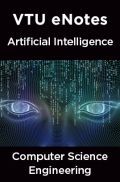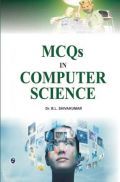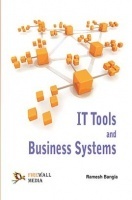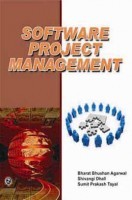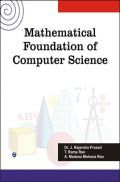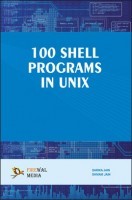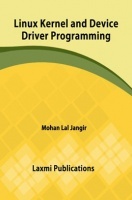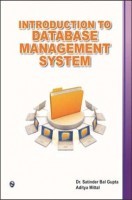Artificial Intelligence : Building Intelligent Systems by Parag Kulkarni, Prachi Joshi
Book Summary:
There has been a movement over the years to make machines intelligent. With the advent of modern technology, AI has become the core part of day-to-day life. But it is accentuated to have a book that keeps abreast of all the state-of-the-art concepts (pertaining to AI) in simplified, explicit and elegant way, expounding on ample examples so that the beginners are able to comprehend the subject with ease.
The book on Artificial Intelligence, dexterously divided into 21 chapters, fully satisfies all these pressing needs. It is intended to put each and every concept related to intelligent system in front of the readers in the most simplified way so that while understanding the basic concepts, they will develop thought process that can contribute to the building of advanced intelligent systems.
Various cardinal landmarks pertaining to the subject such as problem solving, search techniques, intelligent agents, constraint satisfaction problems, knowledge representation, planning, machine learning, natural language processing, pattern recognition, game playing, hybrid and fuzzy systems, neural network-based learning and future work and trends in AI are now under the single umbrella of this book, thereby showing a nice blend of theoretical and practical aspects.
Audience of the Book :
This book Useful for IT & Computer Science Engineering students.
Salient Feature:
1. Highlights a clear and concise presentation through adequate study material.
2. Follows a systematic approach to explicate fundamentals as well as recent advances in the area
3. Presents ample relevant problems in the form of multiple choice questions, concept review questions, critical thinking exercise and project work.
4. Incorporates various case studies for major topics as well as numerous industrial examples
Table of Contents:
1. Introduction to Artificial Intelligence
2. Problem Solving
3. Uninformed Search
4. Informed Search
5. Intelligent Agent
6. Constraint Satisfaction Problems
7. Knowledge and Reasoning
8. Uncertain Knowledge and Reasoning
9. Planning
10. Learning
11. Expert Systems
12. Natural Language Processing
13. Decision Theory
14. Pattern Recognition
15. Game Playing
16. Perception and Action
17. Neural Network-based Learning
18. Fuzzy and Hybrid Intelligent Systems
19. Applications of Artificial Intelligence
20. Advance Topics in Artificial Intelligence
21. Concluding Remarks: AI–Present and Future
Appendices
Bibliography
Index







